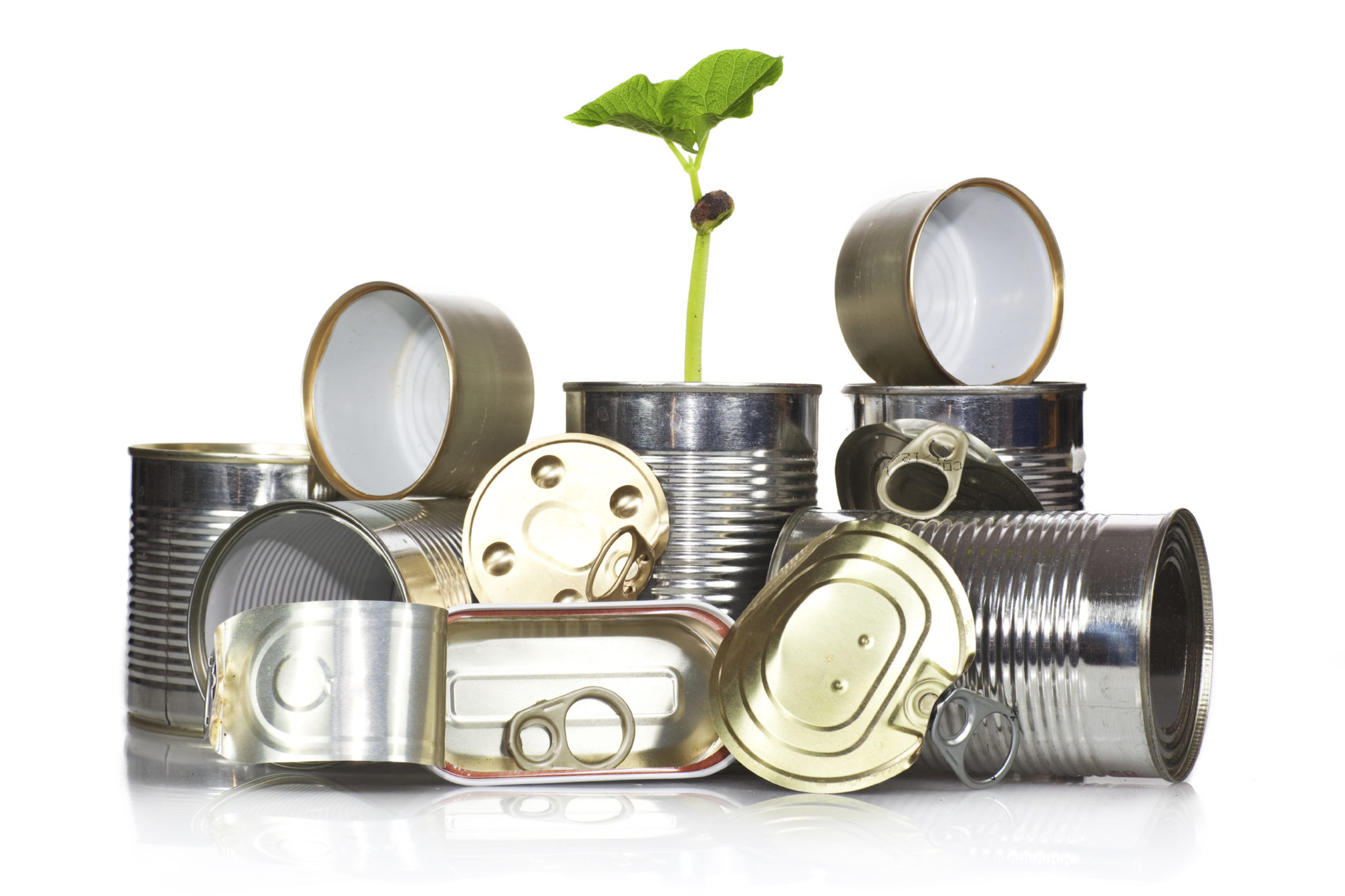The aluminum industry plays a key role in the low carbon future. It can replace heavier metals and plastics in a wide range of applications. Perhaps most importantly, it is infinitely recyclable. It is not surprising that aluminum demand will continue to grow in the coming decades.
According to IAI Z, global aluminum demand will increase by 80% by 2050. However, in order to realize its potential as a key to sustainable economy, the industry needs rapid decarburization.
The benefits of aluminum are also well known; It is light in weight, high in strength, durable, and recyclable indefinitely. It is the first choice for sustainable development materials. As we strive to achieve a more energy efficient future, aluminum continues to provide innovative solutions and competitive advantages for enterprises and consumers.In recent years, great changes have taken place in the whole industry and the industry is moving towards creating a sustainable supply chain. The International Aluminum Institute (IAI) has played a key role in challenging and supporting its members.
According to the IAI, the industry needs to reduce the greenhouse gas emission intensity of primary aluminum by more than 85% from the 2018 baseline to meet the above 2 degree scenario stipulated by the International Energy Agency. In order to achieve large-scale decarbonization, we need to make breakthrough innovation and fundamentally change the energy demand of our industry. In addition, reaching the 1.5 degree scenario requires reducing greenhouse gas emission intensity by 97%. Both cases include a 340% increase in the utilization rate of waste products after consumption.
Sustainability is a key factor driving aluminum demand, which is based on the transition to electric vehicles, electric renewable energy investment and recyclable packaging, which will not eventually become marine waste or landfill.
“Now, the sustainability of the production process, together with technical specifications and prices, has clearly become a part of the purchase decision.
In the context of material selection, this transformation is beneficial to aluminum. The inherent characteristics of aluminum – particularly lightweight and recyclable – will bias the purchase decision towards our metals.
“In a world that attaches importance to sustainable development, the applicability of aluminum has been proved.
For example, lAI recently studied the selection of aluminum, plastic and glass in beverage containers. Aluminum is superior to other materials in all aspects of recovery and recycling, from recovery rate to recovery rate, especially closed-loop recovery.
“However, we have seen similar conclusions in the work of others, such as the findings of the International Energy Agency on the role aluminum will play in the future power infrastructure as part of the transition to clean energy. The conductivity, lightness and richness of aluminum support this role.
“In the real world procurement decisions, this situation is more and more. For example, the use of aluminum in cars is increasing, which is part of the larger trend of electric vehicles. Aluminum will provide more sustainable, better performance, and longer range cars.
“With the focus on sustainability, aluminum will usher in exciting market opportunities, and the expectation of industrial sustainable production will still be the requirement to achieve continuous performance improvement. The aluminum industry is able to achieve these expectations. Through IAI, the industry has a good track record in achieving improvement and has developed a sound plan on how to solve key issues, such as bauxite residue and greenhouse gas emissions.”
Although the aluminum industry is aware of the impact of increased production on the sustainability of greenhouse gas emissions and the impact on the local environment, there are still some problems that need to be committed and managed through sectoral and value chain cooperation, which is the key to meeting challenges and achieving a better tomorrow.
In the process of discussing these challenges with IAI members, people strongly hope to put forward opinions and views on how individual companies are committed to reshaping specific areas of the industry, which will have a greater impact on the way aluminum is produced and recycled, and help build a more sustainable world.
Post time: Sep-28-2022

